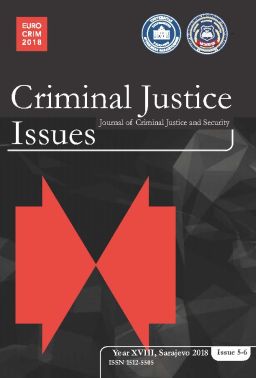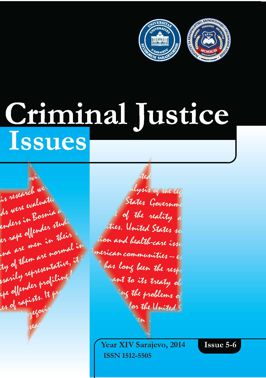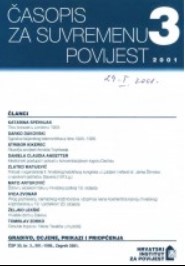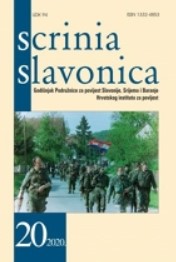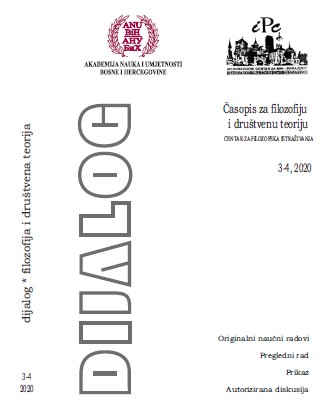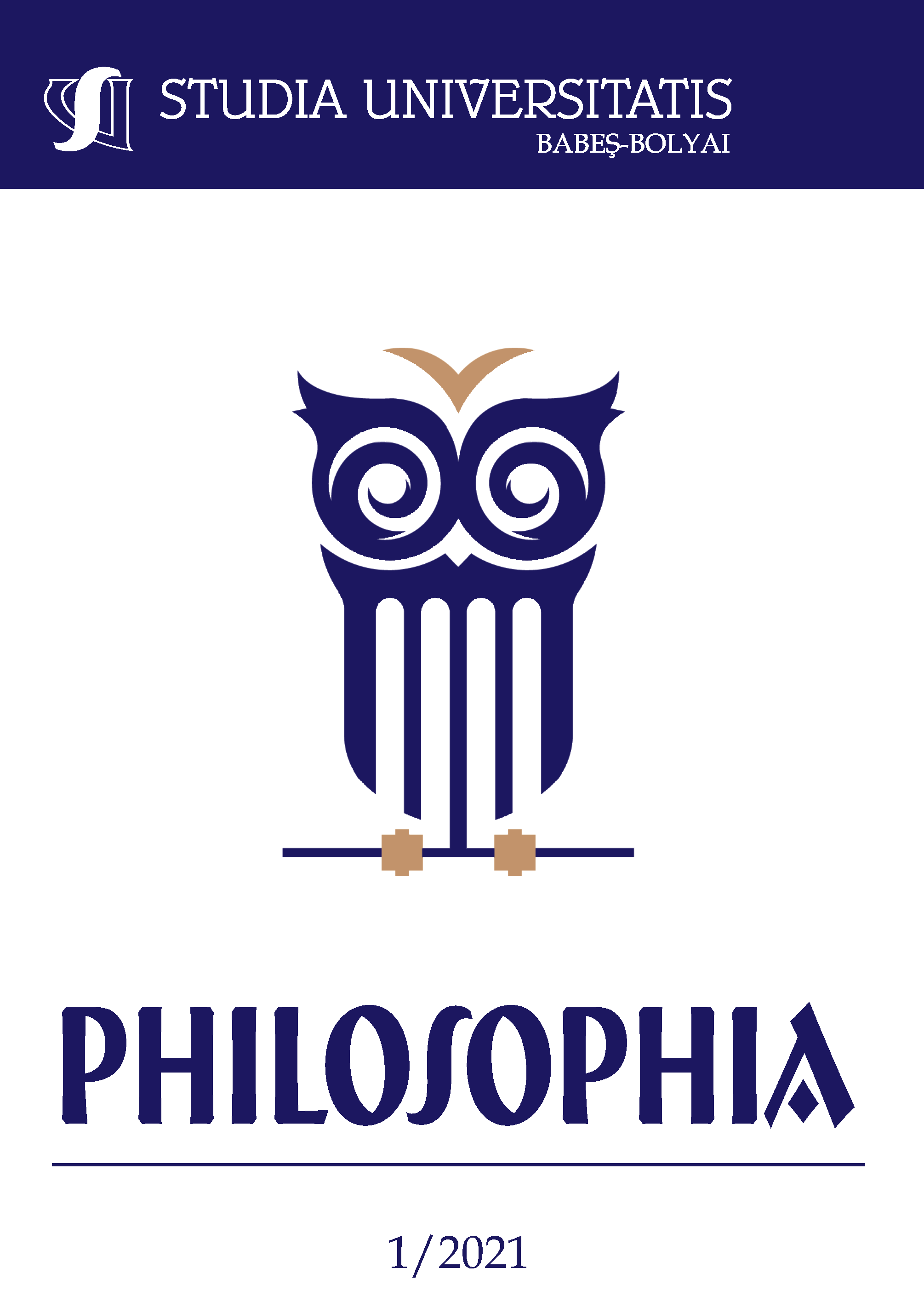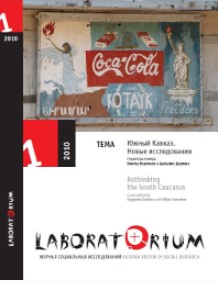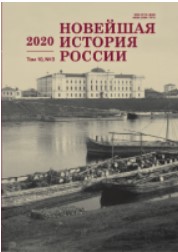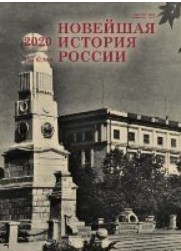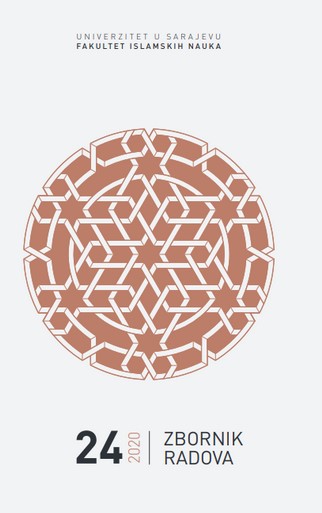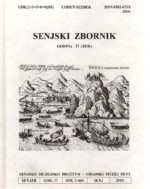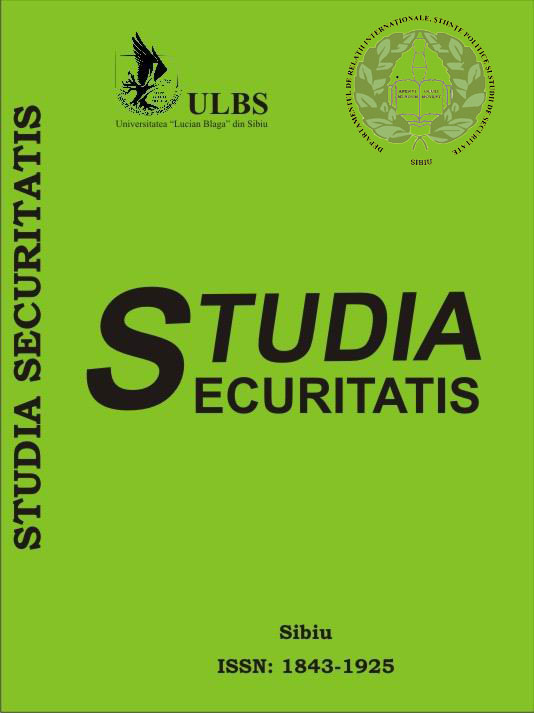
BETWEEN THE IMPERFECTIONS OF SOCIAL POLICIES AND THE WEAKNESSES OF CIVIC CONSCIOUSNESS AND OF SOCIAL RESPONSABILITY – ASPECTS REGARDING SOCIAL MARGINALIZATION IN THE 21ST CENTURY
Nowadays, as we are living in the 21st century, far from the ‘primitive’ epochs, most of us consider we are much better than our predecessors and, of course, much more civilized than they had ever been. Are we really better and more civilized in comparison with those who lived before us? Is the difference in technology to equal the superiority we claim to have as our prominent difference between our more ‘modest’ ancestors?What about our consciousness, our respect for ourselves and for the others. What about the impressive number of ‘marginals’, of poor and ignorant , illiterate, non-fortunate human beings who officially, according to The Universal Declaration of Human Rights, are all our equal fellows,In spite of the many state institutions or private ones, there are many, still too many, human beings living at the ‘margin’ of our society, without a home, without food, without medical care or education or even a word of comfort.As long as we tolerate social injustice and inequality we cannot call ourselves ‘civilized’, ‘modern’ or even real human beings.
More...
